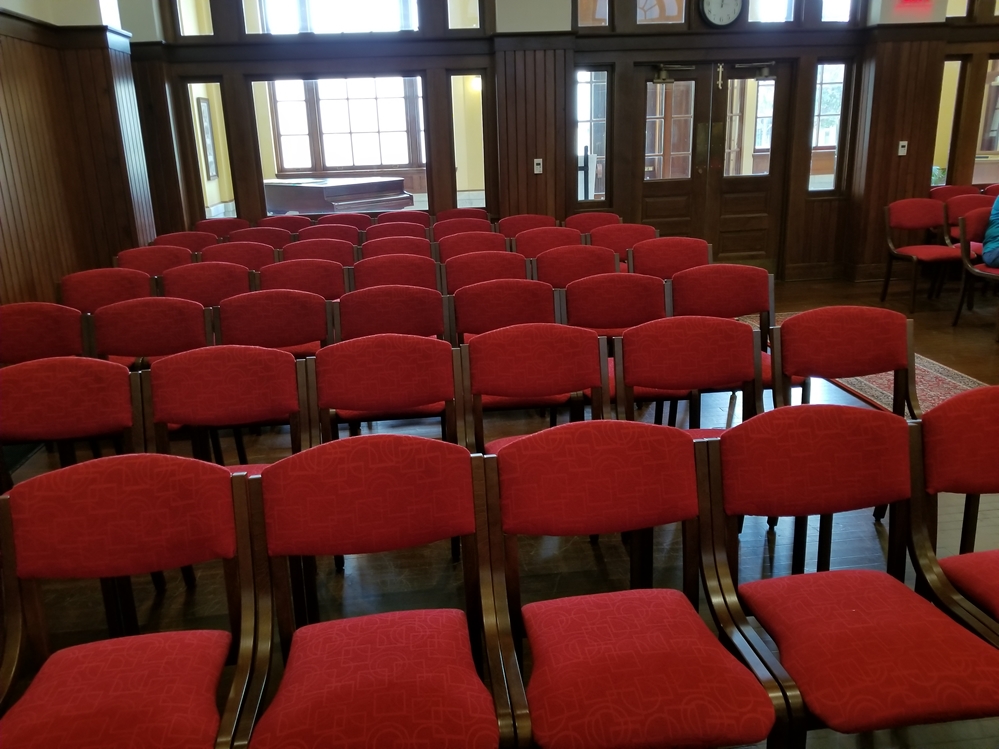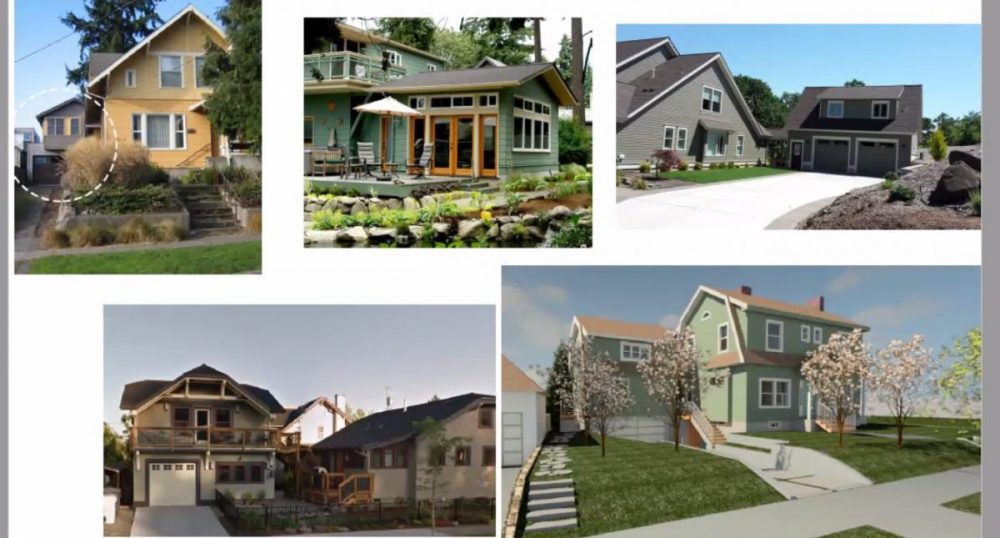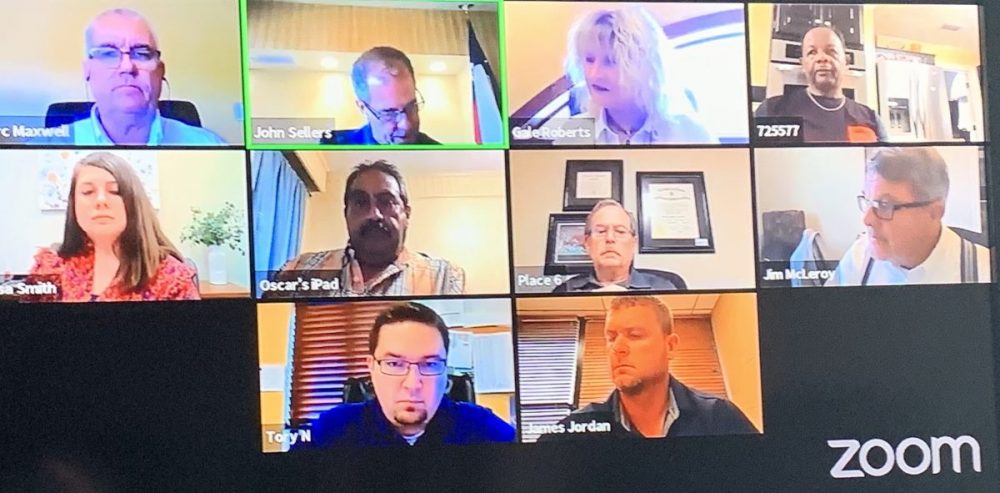
Sulphur Springs City Council Tuesday evening approved an a zoning amendment and an incentive agreement which the city manager anticipates will help with street and infrastructure maintenance and costs, and provide homes on under-developed or under-utilized areas of town.
The city has for a while had trouble maintaining street, only able to afford repairs at half the rate of decay. A street maintenance fee added to city water bills has increased funding for additional repairs annually. While helpful, the city does not receive enough revenues to fully keep up with the rate of deterioration of streets. A zoning amendment to allow accessory dwelling units and a change to the 380 agreement policy should help both. The agreement also offers incentives for home construction on certain lots as well.
380 Policy Agreement Amendment
Resolution 1205, approved Tuesday amends the city’s 380 policy agreement, adding economic incentives for specific housing infill development. Essentially, builders would utilize existing infrastructure to provide affordable housing using existing infrastructure, and would be eligible for a refund of some fees. The new construction would extend the tax base utilizing the existing infrastructure.

“Most new housing developments today don’t make sense in a financial sustainability of the city in the long run as the cost often exceeds revenue,” Community Development Director Tory Niewiadomski told the council at their 7 p.m. meeting, conducted via Zoom and broadcast on the city’s YoutTube channel, Tuesday, Aug. 4.
Niewiadomski said city staff identified about 900 vacant properties in the city limits. While not all of those properties are able to be developed. Some don’t meet the terms for the “specific housing infill policy,” because of inadequate access to existing city-maintained streets, water and sewer infrastructures. Some have not been developed because they have construction challenges such as liens due to back taxes, cost of removal of dilapidated structures.
Maxwell emphasizes this is only for building constructed on lots located on city maintained streets. Existing lots on streets that are not developed or city-maintained would not be eligible.
The city identified a geographic area that includes most of the city, including properties between State Highway 19 go Loop 301 and north of Interstate 30 with a few exceptions. Lots meeting set criteria within that area may be eligible for which 380 infill housing agreements, according to Niewiadomski.
Those approved for the 380 agreement would have three years to complete the construction project.
As an incentive for developing on these underdeveloped or underutilized lots, the city would reimburse certain fees upon completion of the home. Those granted the agreement would pay these fees up front, upon completion the city would reimburse them. Among the items the city would reimburse would be permitting fees, water and sewer tap fees, delinquent taxes owed to the city and liens. The city also under the amended 380 terms could participate in demolition costs associated with clearing a lot to redevelop a single family house on it, or other incentives deemed necessary to carry out the intent of the program.
“This will help promote incremental growth, in neighborhoods not seen in recent years. It will put additional back on the city tax base. The incentives will be recouped within 1 to 2 years,” Nieiwiadomski siad.
“We want builders and realtors to know about this program,” Maxwell said. ” This is for builders really, not developers. They pay the fees and we refund them on completion. There’s no loss to the city. We will recover any fes through collection of property taxes from there on. It’s a win for the taxpayers, Tehy do not have to carry the burden of street upkeep. As others come in, they will help carry the burden,” Maxwell said.
Councilman Doug Moore asked if county, school and hospital district officials have been contacted to see if they too would be offering a similar 380 agreement.
Maxwell noted that in conversations with County Judge Robert Newsom, he had indicated a willingness for the county to also offer a similar incentive. Superintendent Michael Lamb, Maxwell said, seem willing but wasn’t sure if school regulations would allow it.
The city council then approved two resolutions authorizing eligible 380 agreements for property located at 943 Putman St. and 206 West Backham St. The applicant plans to construct a single family home on each lot, but sought relief for delinquent taxes owed on the property, according to Niewiadomski fall within the scope of the 380 policy.
ADU Zoning Amendment
The City Council also approved on first reading a proposed amendment to the zoning ordinance to allow for accessory dwelling units, which will also utilize existing infrastructure and provide additional housing.
This would allow a smaller secondary structure to be constructed in the back yard or over a garage of a primary structure. Often called granny flats, in-law suits, backyard cottages and garage apartments, these structures would need to match the appearance of the original structure on lots of less than 2 acres.

The ADU would have to meet all other terms for the primary structure and property, including setback and parking requirements of the principle structure. The ADU would also tie into the existing utilities infrastructure, but provide additional tax dollars. An ADU may be attached to existing structures, detached or conversions of existing space. They would need to be constructed on permanent foundations
The owner would be required to live in one of the two structures. There would be deed restriction for the property.
Following 8 months of discussion, the Planning and Zoning Commission held a public hearing regarding the proposed ADU zoning change. There were no public comments. The P&Z recommended the zoning amendment proposal to the City Council. City staff too recommended the policy change for ADUs, as a way to provide new development while utilizing existing infrastructure while increasing revenue per square foot of frontage, bringing in more revenue to maintain that infrastructure.
“We think this is a sensible way of doing it. This is the way cities used to be done a long time ago until for some reason we started prohibiting. We wholeheartedly recommend this policy change,” Maxwell told the council.
“I think this is a fabulous things for us to take advantage of,” Councilman Freddie Taylor said.
Taylor described this type of smaller dwelling as a “great opportunity” for grandparents, parents and adult children to live close but still maintain their independence.
The city council approved the proposed zoning ordinance change to allow ADUs that meet city criteria to be constructed on the same property as another structure. The proposed ordinance amendment will need to be read and approved a second time in order for it to become effective.






